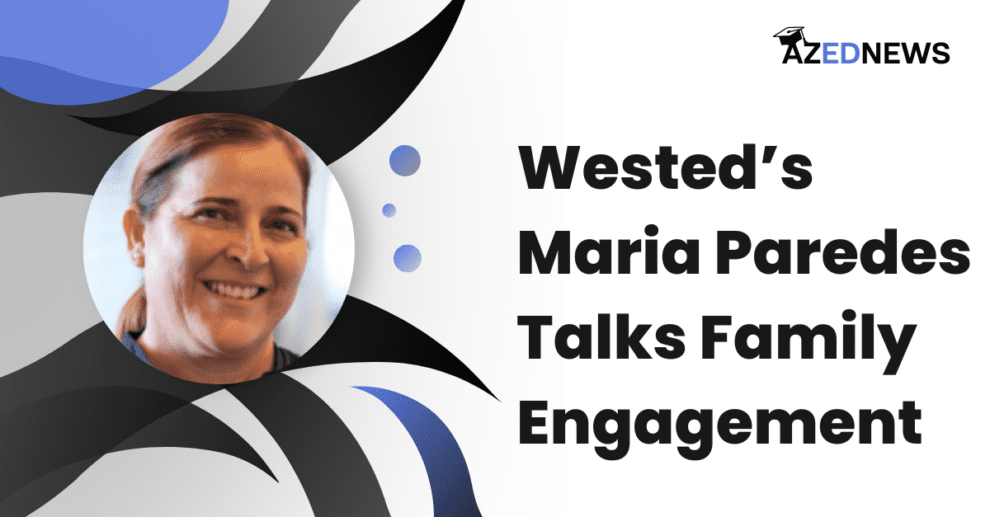In 2008, Creighton Elementary School District’s Maria Paredes developed a system to actively engage parents in their child’s learning. Parents partner with their child’s K-8 teacher to examine test data, set goals and practice methods to use at home to increase academic achievement.
In the past five years, Academic Parent Teacher Teams have spread from the Phoenix school district with 40 percent English Language Learners to schools in 13 states, said Paredes, now senior program associate of family engagement in education for WestEd, a nonprofit research agency.
“Parents appreciate it, and they do the work,” Paredes said. “Parents become dedicated to show their kids can meet the goals and their children progress so quickly that teachers are in awe.”

Several Arizona school districts use APTT and 43 schools currently attend training in Flagstaff, Tucson and Phoenix as part of a year-long initiative with professional development and feedback from peers.
Paredes recently spoke with Arizona Education News Service.
Q: What led you to develop Academic Parent Teacher Teams?
A: Several factors were working at the same time. As Creighton Elementary School District director of community education, my responsibility was to create meaningful, impactful family engagement across all schools K-8. The family engagement model we used was over 50 years old, and had not been optimized, prioritized and aligned to research. I also sought a meaningful research-in-action project for my doctorate.
When I reviewed attendance records for all school events parents were invited to the previous year, I learned 90 percent of parents went to teacher-led events – conferences, open house and meet the teacher – while only 5 percent attended other events. I realized then we spent a lot of time, money and effort on events parents don’t value as much as those led by classroom teachers.
That was the beginning of a focus on grade-level learning, and professionalizing parent-teacher partnerships that repurpose the traditional parent-teacher conference.
Q: How do team meetings differ from traditional conferences?
A: Parents receive training and coaching on what teachers need help with. Teachers share with parents class and individual data, model activities for home practice, parents practice the activities, and then parents set 60-day learning goals. Teachers receive professional development, coaching and materials to meaningfully engage families. There is a cohesive system for building teacher capacity.
Parents learn grade-level expectations, adjust the pace they work with their children to meet goals and receive appreciation for their help.
Q: What have you learned about APTT over time?
A: The essential elements of the model have not changed, because they are what we have learned over time from research and practice.
We have learned a lot about schools’ adaptation processes as they use APTT. It takes school leaders to believe this is a more professional way to partner with families, and to create a culture in schools and communities that supports student achievement.
With APTT, teachers influence the decisions parents make and how parents interact with their children to support their children’s learning and success.
Teachers never expected that all they had to do was ask parents to help to create an equal partnership. It’s not like you’re asking people to do extraordinary things. You’re asking a parent to help their child.
Q: Are there new developments to APTT?
A: We are adjusting the approach for middle and high school, because it has to be age appropriate. APTT is suitable for pre-K and K-8, but when students get older, the role of families in supporting students’ learning changes.
(The interview was edited for length and clarity.)












Add Comment